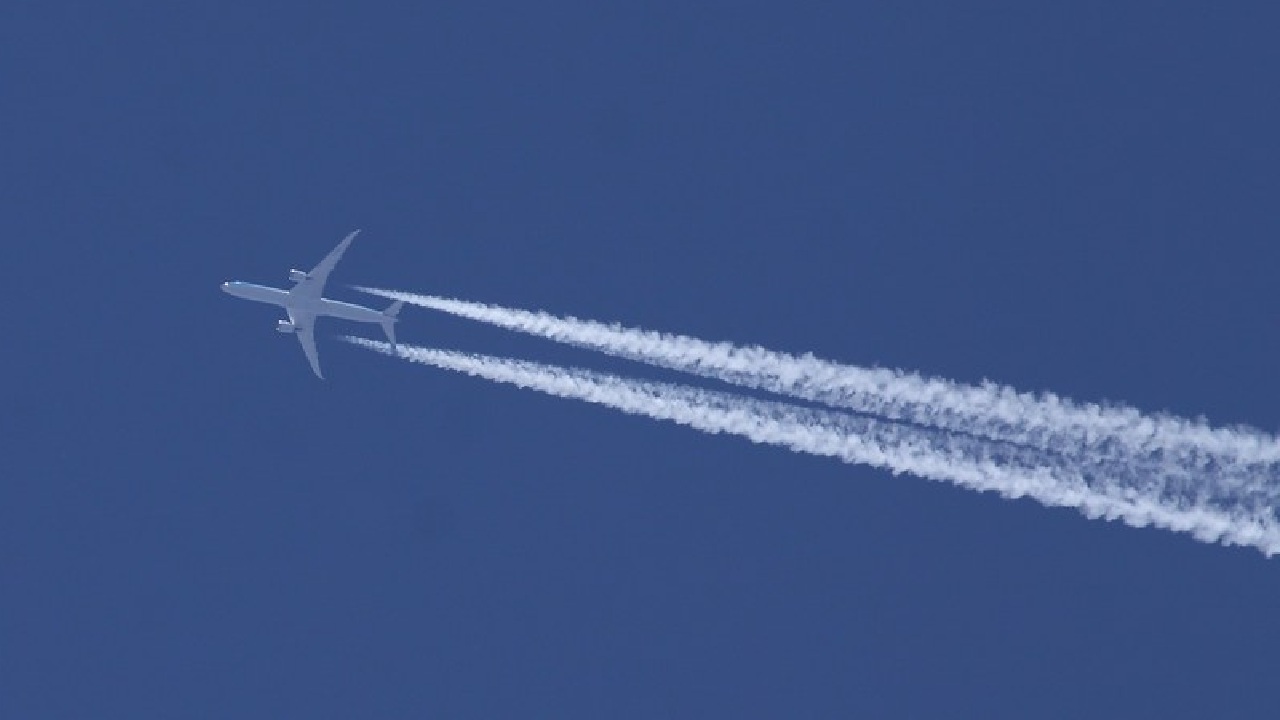In a landmark deal, aviation industry delegates from across the world have come together to agree to cut emission of greenhouse gases from international aviation. After years of wrangling, the aviation deal was sealed by the national representatives from across the world at the 41st assembly of International Civil Aviation Organisation, (ICAO), in Montreal yesterday.
Among other steps, from 2020, any increase in airline CO2 emissions will be offset by activities like tree planting to help soak up CO2. As governments adopted a common goal of net zero carbon emissions for international aviation by 2050 at the Airports Council International (ACI) World Director General Luis Felipe de Oliveira said, “The global aviation community welcomes this landmark agreement by States at the 41st Assembly of ICAO. This is a watershed moment in the effort to decarbonize the aviation sector with both governments and industry now heading in the same direction, with a common policy framework. However, this agreement doesn’t stop there. This is the launching point to accelerate collaboration between industry and governments—in line with our advocacy to be ‘#All4one Aviation Ecosystem.”
We now need regulators to support airports’ work to develop and implement their decarbonisation action plans, as well as support increased collaboration among all stakeholders to increase the availability of renewable energy, finance, new technologies, to support capacity building, and to address operational and infrastructure adaptations, he said. Attempts have been made for nearly two decades to include aviation and shipping in the UN’s climate agreements, but both sectors have managed to avoid firm targets.
Experts pointed out that although there has been an agreement, but the steps announced were too weak to have a major impact. ICAO has been promising carbon neutral aviation growth in the 2020s and had announced plans to align the ambitions of airlines with the Paris agreement limiting warming to two degrees Celsius, or preferably 1.5 degrees.
However, reports suggested that in Montreal these plans were either watered down or dropped and a compromise was agreed at the last moment. Oliveira said, “Air transport needs to decarbonize so it can continue to connect people, economies, ideas, culture, and business—providing substantial socioeconomic benefits—for generations to come. The world’s biggest challenges will also require people to come together like never before and aviation will continue to facilitate this while delivering its own sustainability goals”.
“On a global scale, airports and ACI remain fully committed to reach this net zero goal and we look forward to collaboration across the aviation community to reach this. The road ahead will be challenging, but if we act and support each other as one aviation ecosystem, we can make this a reality. This is the sector that made humans fly, we can make this happen—with governments and industry working together.”


























